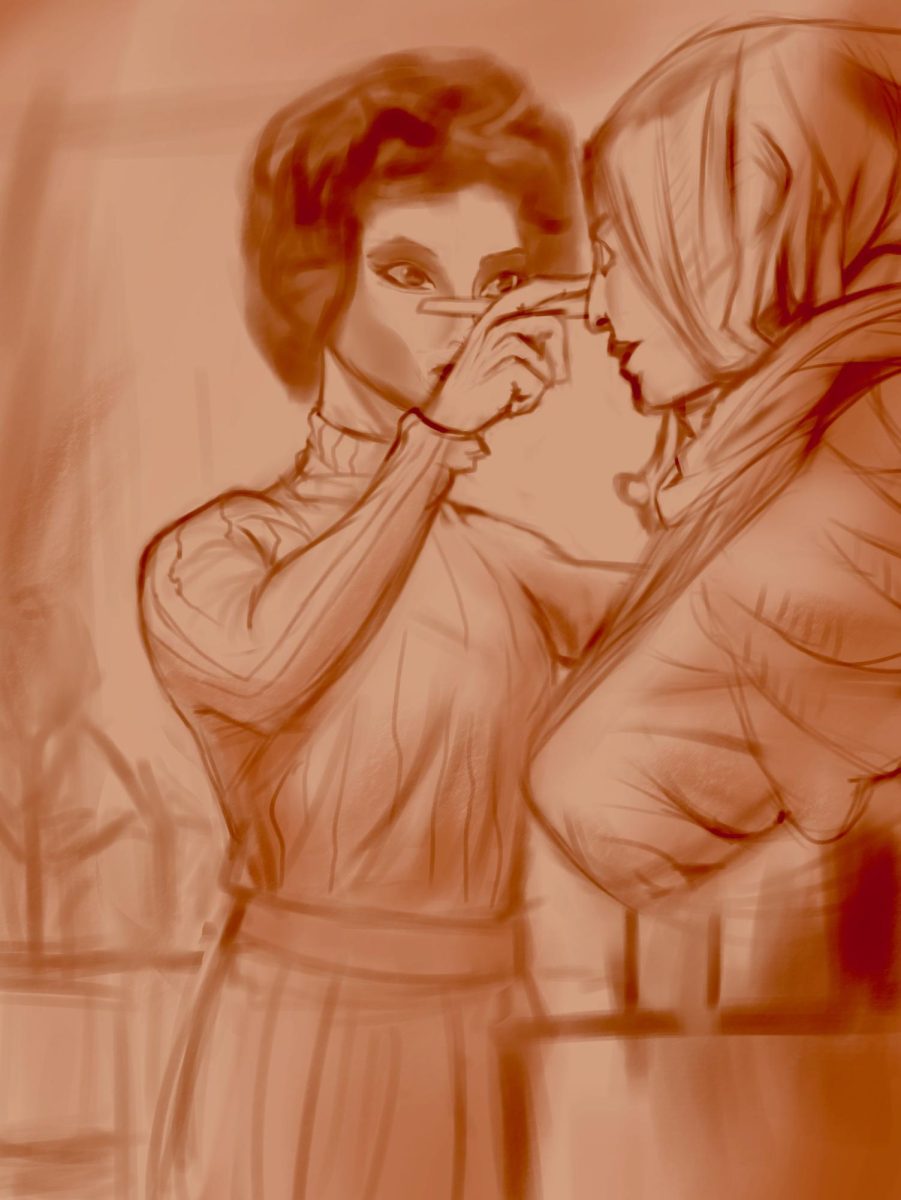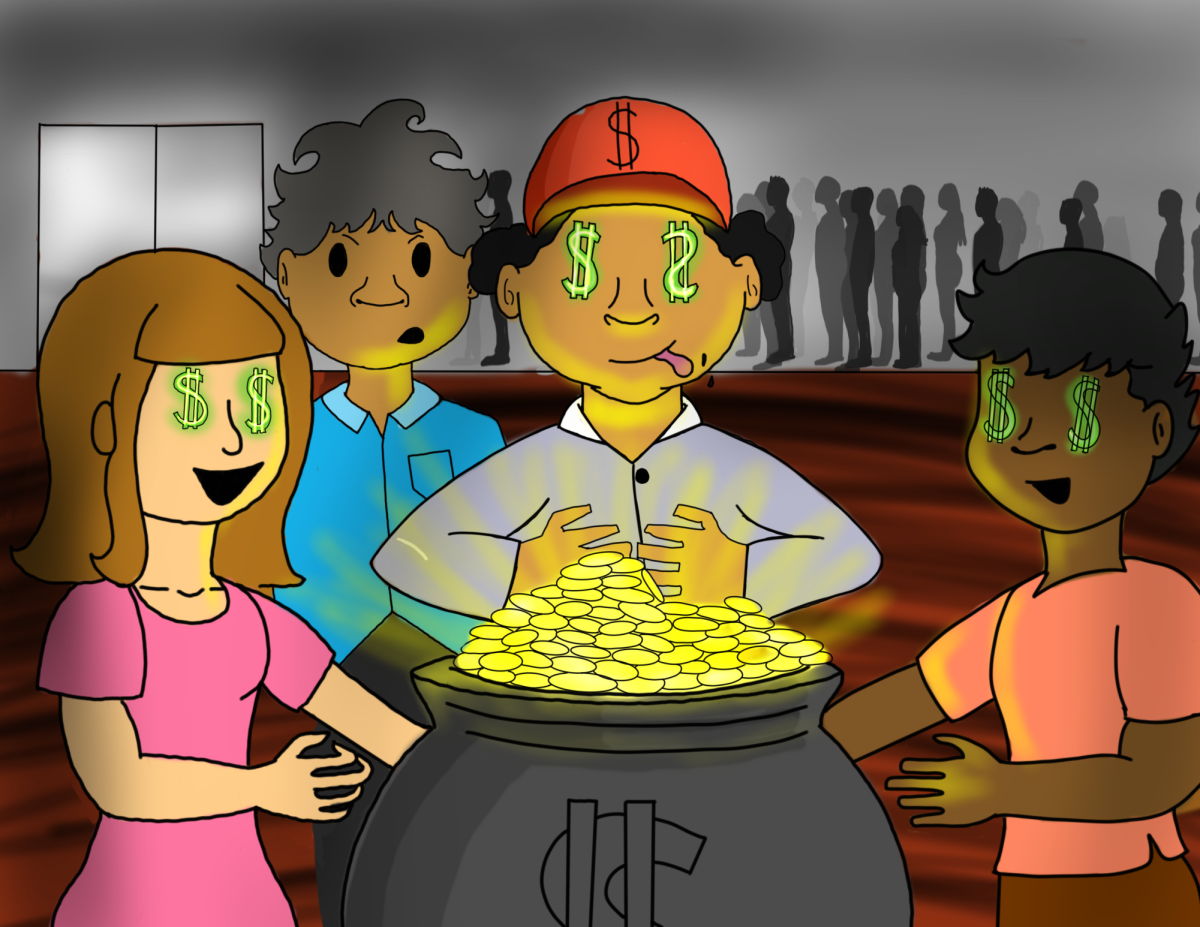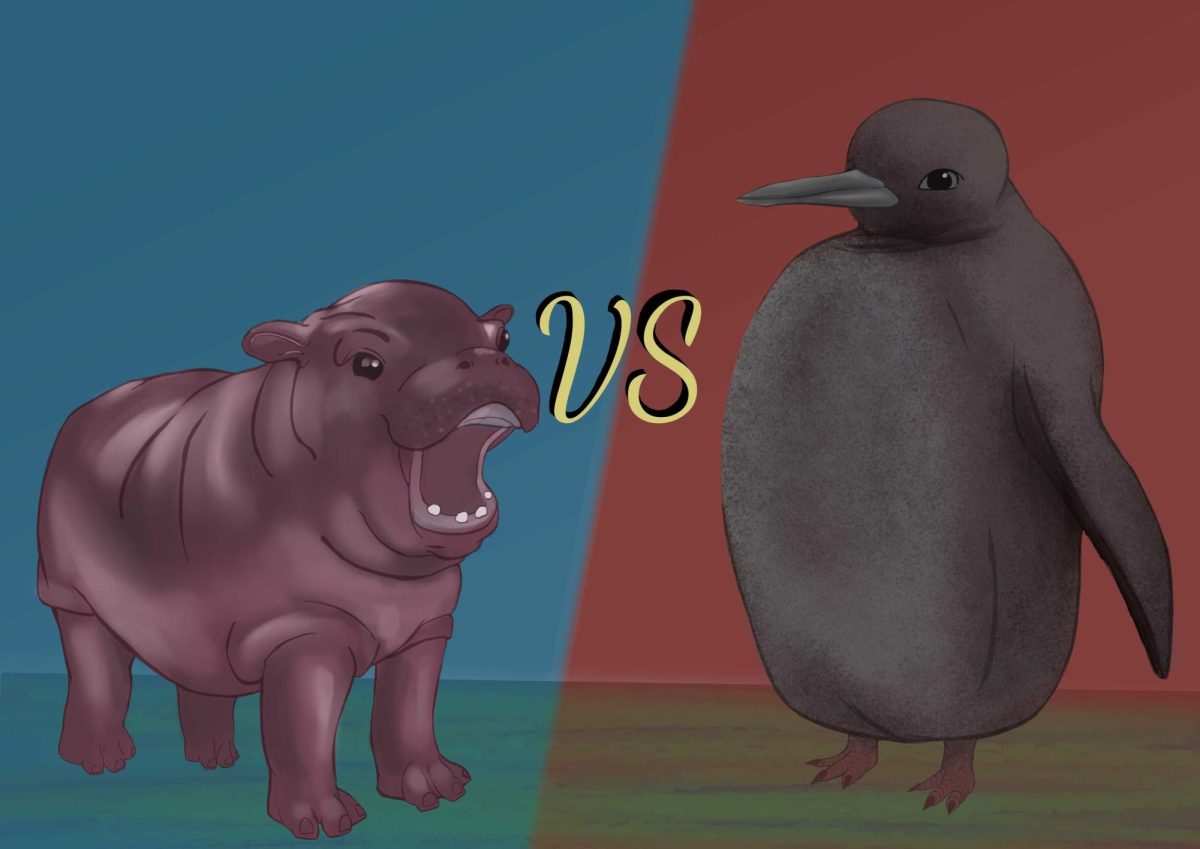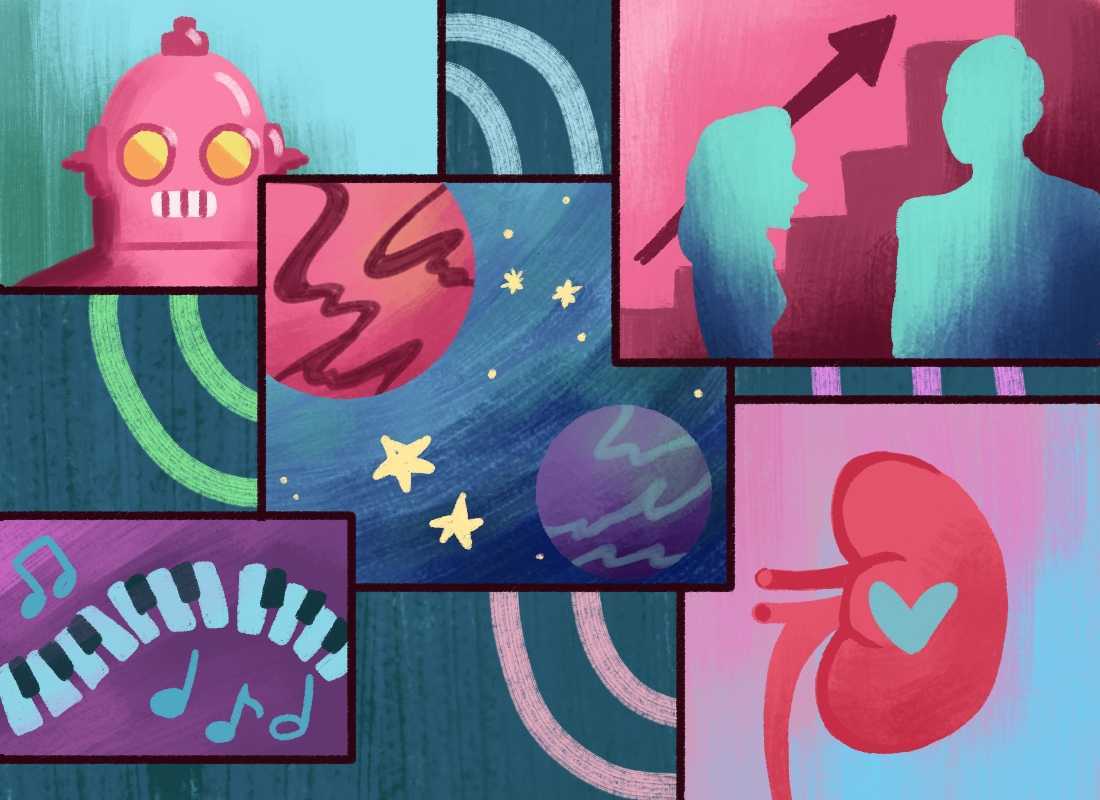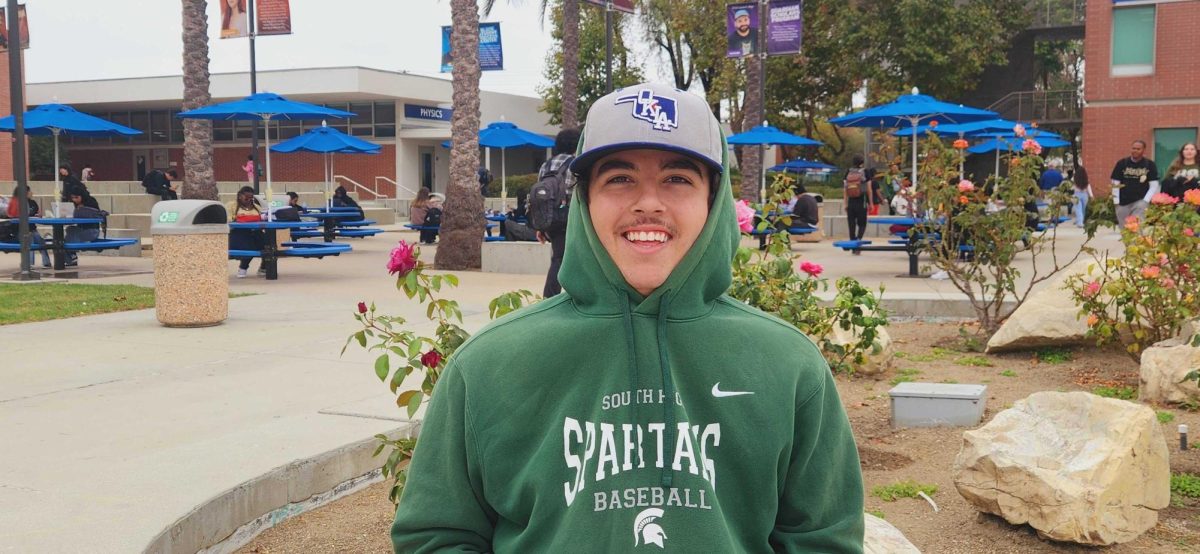The pressure of pursuing higher education is an immense responsibility for anyone, but especially first-generation students.
The expectation to achieve a high level of success is exacerbated for students who are attending higher education as a means of elevating their families.
Some first-generation students experience apprehensions about their educational choices; should they prioritize their passion or what will make them the most money?
As a first-generation college student myself I grew up feeling higher education was a privilege I was being granted, adding weight to the choices I made.
This feeling became more prominent when deciding on a major, which is the seemingly most important choice of all.
Unfortunately, a humanities degree carries a negative connotation of being “useless” in the economy.
Degrees in humanities such as journalism, English, English as a Second Language, and world languages, are often overlooked as educational pursuits that have little to no viability for employment.
According to a 2018 article published by The Atlantic, almost every humanities field in higher education has faced a rapid decline in majors, demonstrating a shift in student values that prioritize the job market.
The stigmatization of pursuing a humanities degree manifests in a variety of ways, ranging from small jokes such as, “You better get used to making no money,” and from the misunderstanding of peers who “didn’t know anyone pursued that anymore.”
First-generation students are familiar with the sentiments of being overwhelmed, having imposter syndrome, and experiencing self-doubt.
First Year Experience Counselor Seranda Silvers said for first-generation students, there’s a lot of pressure to navigate through educational systems the “right” way.
“[First-gen students] feel like, ‘Okay, have to make it, I gotta make sure I’m breaking my generational curses’, whether it’s poverty, or just being successful in the eyes of my family,” Sylvers said.
The lack of first-generation students from the humanities discipline provides a bleak outlook for the future of the field.
Many first-generation students tend to come from diverse racial and ethnic backgrounds, meaning the integration of these students into the humanities fields can benefit and broaden their understanding of the subjects.
The enrichment of diverse communities and student backgrounds would introduce untapped creativity to academic spaces lacking in representation, meaning the humanities field needs first-generation students now more than ever.
“The more first-gen people that are in those creative spaces, they get to reflect back to the community, those experiences,” Sylvers said.
The narrative of limited job prospects and viability for the humanities needs to be shifted as it is discouraging students and prompting them to switch majors into a field they believe can offer more opportunities.
Success looks different for everyone, how we define our accomplishments varies on the individual.
From my own experiences I believe first-generation students need to redefine and reconstruct what success means to them to not risk out on pursuing fields they are truly passionate about.
The humanities field is just as important and valuable as other majors, so they should all equally be encouraged.
Educational institutions should emphasize this to all students, but especially first-generation students who might not study a humanities discipline because of what others might say.



